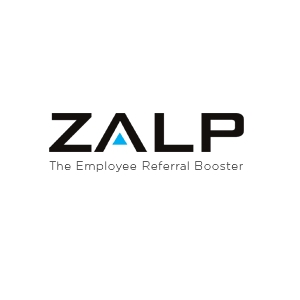Response Time SLAs Can Drive Success To An Employee Referral Program

The surest way to kill your employee referral program is responding slowly or not responding at all to referrals submitted by employees. Infact responsiveness to employees and their referrals is the biggest driver of employee engagement and participation. The biggest fear that employees have while referring anyone is that their referral will go into a virtual black hole with no update whatsoever on the status of their referral making their entire effort an exercise in futility. It is not that responsiveness of the program is only now being recognized as an important driver of employee referral program. However, earlier recruiters were expected to respond within a reasonable period of time with no clearly laid out guideline of what constituted a reasonable timeframe. This meant that recruiters had the option to interpret and misuse reasonable time frame depending on their will. The failure of many well designed referral programs can safely be attributed to the delay in responding to employee referrals within a reasonably expected time frame.
Of late, many organizations have realized that expectations regarding reasonable time frame for responding to employee referrals need to be more clearly defined to reduce ambiguity. Organizations like Aricent and Accenture have in fact put in place SLAs for response time to ensure both employees and recruiters are aware of what to expect from the employee referral program.
One of the biggest advantages of defining SLAs in employee referral program is that it sets out the expectations from the program very clearly. Employees and their referrals alike know what to expect from the program in terms of response time lines and have an escalation mechanism to resort to, in case expectations are not met. Recruiters also do not need to keep answering employee queries as long as they adhere to SLAs and keep employees informed about the status of their referrals. Amazon and Deloitte for instance have defined SLAs which make it mandatory for recruiters to respond to employees on their referrals within 48 hours of receiving the referral from an employee. Organizations are now going beyond this to define SLAs for every step of the referral process like scheduling interviews within 48-72 hours for shortlisted referral candidates, ensuring that waiting time in interviews for referral candidates does not exceed 30 minutes etc.
The trend of putting having a SLA in place is only going to go upwards as more and more organizations realize that laying down clear expectations helps to strengthen the employee referral process and significantly improve employee satisfactions levels.
